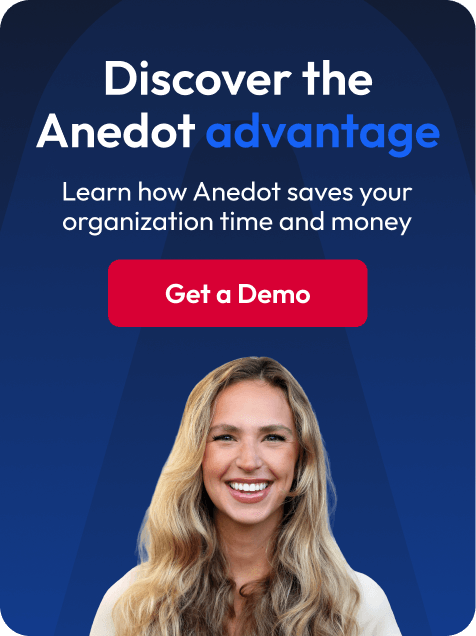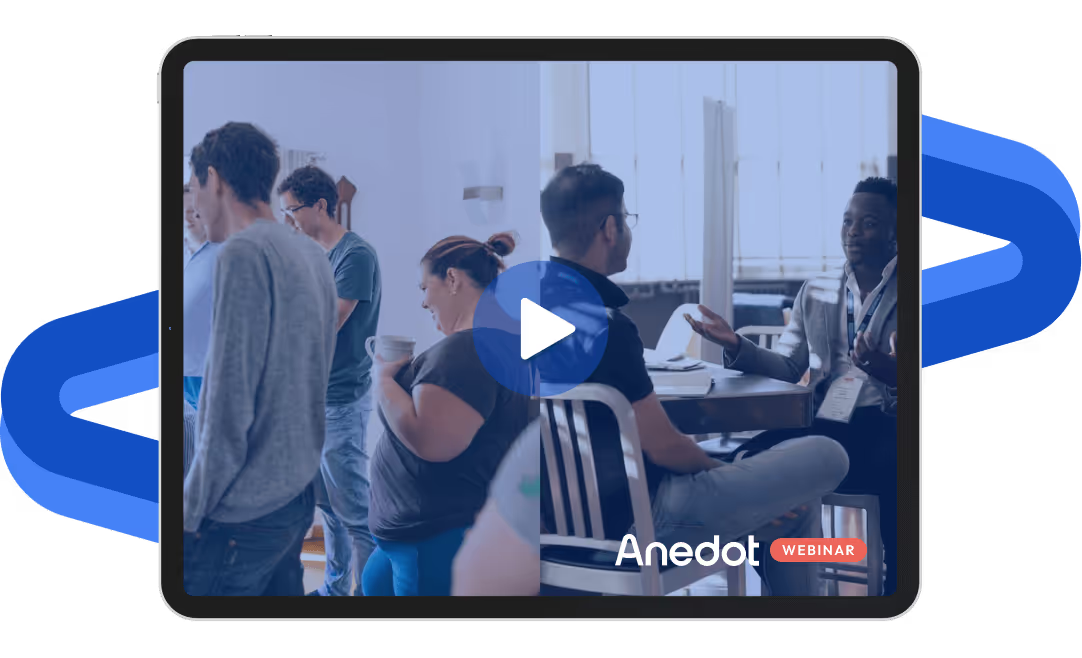Grant management software is a powerful tool that assists nonprofits in streamlining and enhancing their grant-related activities.
In this article, we explore what grant management software is, its benefits for nonprofits, and best practices for selecting the most suitable software for your organization.
What is grant management software?
Grant management software refers to a specialized solution designed to support nonprofits in managing the entire lifecycle of grants, from initial application to reporting and compliance.
It provides a centralized platform for effectively tracking, organizing, and administering grants, enabling nonprofits to optimize their grant-seeking and grant-making processes.
→ We’ve put together a list to help you find grants for nonprofits, organized by the type of nonprofit: charities, churches and ministries, and education.
How grant management software helps nonprofits:
Efficient grant tracking
Grant management software allows nonprofits to maintain a comprehensive record of all grants, deadlines, and requirements in a centralized database.
It streamlines the tracking process, ensuring that critical dates and milestones are not missed.
Enhanced collaboration
Grant management software facilitates collaboration among team members by providing a centralized platform for communication, document sharing, and task management.
It enables real-time updates and promotes transparency, fostering effective teamwork and reducing duplication of efforts.
Streamlined application process
With grant management software, nonprofits can streamline the grant application process.
The software often includes templates, checklists, and pre-populated forms, simplifying the application creation and submission.
This saves time and ensures accuracy in the application process.
Automated workflows
Grant management software automates various administrative tasks, such as email notifications, reminders, and report generation.
By reducing manual effort, nonprofits can allocate more time and resources to strategic activities, such as program development and impact assessment.
Financial accountability
Grant management software typically integrates with financial systems, enabling nonprofits to track grant-related expenditures and monitor budget adherence.
This enhances financial accountability and simplifies the preparation of grant-related financial reports.
Reporting and compliance
Grant management software streamlines the reporting process by providing predefined report templates and allowing nonprofits to generate customized reports based on specific grant requirements.
It helps ensure compliance with reporting guidelines, reducing the risk of funding penalties or loss.
→ Learn the best practices on how to write a grant proposal.
Best practices for choosing grant management software
Assess your organization's needs
Before selecting a grant management software, evaluate your organization's specific requirements.
Consider factors such as grant volume, complexity, collaboration needs, and reporting requirements.
This assessment will help you identify the features and functionalities you need in the software.
Seek user-friendly solutions
Look for grant management software with an intuitive interface and user-friendly design.
The software should be easy to navigate and require minimal training for your staff to effectively use it.
Consider conducting demos or trials to assess the software's usability.
Integration capabilities
Ensure that the grant management software you choose can seamlessly integrate with your existing systems, such as accounting software or constituent relationship management (CRM) tools.
Integration eliminates data silos and enhances data accuracy across your organization.
Scalability and customization
Consider the future growth and scalability of your organization when selecting grant management software.
It should have the flexibility to accommodate your evolving needs and allow customization to match your unique processes and workflows.
Compliance and security
Prioritize software that emphasizes data security and compliance with industry regulations, such as General Data Protection Regulation (GDPR) or the Payment Card Industry Data Security Standard (PCI DSS).
Verify that the software vendor follows best practices in data protection.
Vendor support and training
Evaluate the vendor's reputation for customer support and training.
Check for availability of user manuals, online resources, and responsive customer service.
Consider the vendor's track record in providing updates, bug fixes, and ongoing support.
Cost-effectiveness
While cost should not be the sole determining factor, consider the software's pricing structure and associated costs, such as implementation, training, and maintenance.
Compare pricing plans and ensure that the software's benefits align with its cost.
Consider whether the software offers a return on investment through increased efficiency and improved grant management processes.
User reviews and references
Read user reviews and seek references from other nonprofits using the grant management software you are considering.
Their experiences can provide valuable insights into the software's usability, functionality, and overall satisfaction.
Evaluate demo or trial versions
Request a demo or trial version of the grant management software to explore its features firsthand.
This will give you a better understanding of its capabilities and help you assess its suitability for your organization's needs.
→ Upgrade your marketing strategy with Google Ad Grants for nonprofits! Learn how to apply and take advantage of this program to gain awareness for your nonprofit.
Closing thoughts
Grant management software empowers nonprofits to efficiently manage their grant-related activities, ensuring effective tracking, collaboration, and compliance throughout the grant lifecycle.
By choosing the right software, nonprofits can streamline their operations, increase productivity, and focus more on their mission.
By following best practices in selecting grant management software, nonprofits can make informed decisions that align with their specific requirements and contribute to their long-term success in securing and managing grants.






















